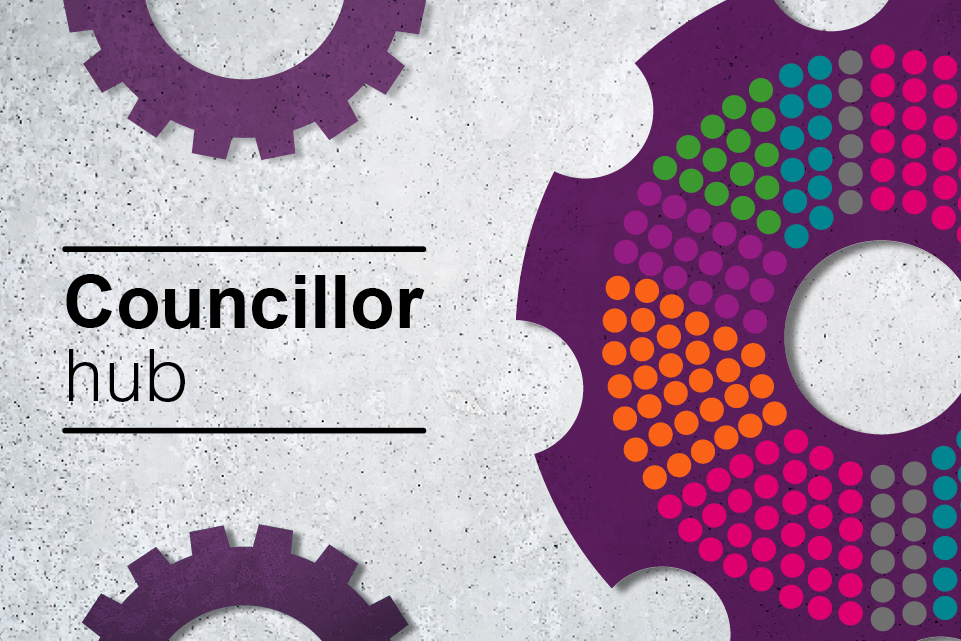This section contains information on how local government is organised, how decisions are made, and how the local government workforce is made up.
What do councils do?
Local government touches the lives of everybody, every day. Councils deal with everything from schools to care of older people, from roads to rubbish, libraries and local planning. Behind all of this is a web of legislation and bureaucracy that most people don’t need to see. As a councillor, understanding how it works will help you to represent your local community.
Councils work with local people and partners, such as businesses and other organisations, to agree and deliver on local priorities. They provide a wide range of services either directly, in partnership with others or by commissioning them from a third party.
Since the Local Government Act 2000, councils have been responsible for the economic, social, and environmental wellbeing of their areas. The Localism Act 2011, along with more recent changes to the way that public health, welfare, and the police are organised, have given councils and communities more influence over the way their local area is managed.
Councils provide more than 800 services to local communities. Most are mandatory, which means that by law the council must ensure they are delivered (although in most cases the exact nature of that delivery is for the council to determine). Some mandatory functions are tightly controlled by central government, resulting in a similar level of service across the country.
Other services are discretionary, so the council has discretion over the type and level of service it provides. They range from large economic regeneration projects right down to the removal of wasp nests. Councils are allowed to charge for discretionary services, provided it is not prohibited by other legislation and the council does not make a profit.


